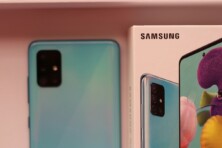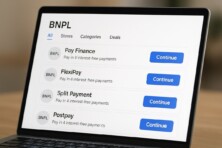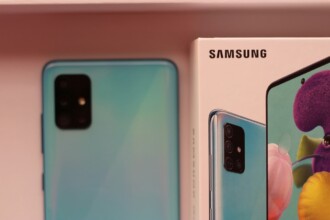Klarna partners with the leading fashion resale marketplace, Poshmark, to link purchase data directly into resale listings and create a smoother payment flow for the secondhand marketplace.

Klarna, a leading global digital banking and flexible payments company, has formed a new strategic alliance with Poshmark, the top fashion resale marketplace. The partners aim to make the selling of pre-owned clothing easier and enable users to make money from items they already own, just in time for the back-to-school season.
The innovative integration will empower Klarna users in the US by letting them list eligible past purchases for sale on Poshmark with just a couple of taps. The new resale listings will be pre-filled automatically using product details and images from their previous Klarna orders. This collaboration removes a lot of friction for resellers and accelerates their participation in the circular economy.
The two companies chose perfect timing for collaboration, as American families are refreshing their back-to-school wardrobes. The average local household is expected to spend an average of $870 on back-to-school shopping, so resale alternatives can greatly alleviate some financial pressure for many families that have schoolchildren.
Besides, the partnership encourages users to reinvest earnings from resale back into future purchases, boosting loyalty and repeat transactions via Klarna.
The collaboration aligns with a broader trend of sustainable fashion and other commerce. Supporting circular economy can bring Klarna more socially and environmentally-conscious users, especially from Gen Z and Millennial age groups, as well as support product longevity and waste reduction.
As for the fintech and payment industry meaningfulness, the Klarna–Poshmark collaboration elevates the payment process beyond its traditional checkout function by enabling integrated resale with minimal friction and financial incentive. This turns a payment platform into an innovative post-purchase hub not just for returns or tracking, but for recirculating value.
Today, more payment providers are moving beyond the checkout page, expanding their roles across the full product lifecycle. A collaboration of this kind is a standout example of using data to remove friction from an adjacent process like resale, turning it into a two-click experience. It also shows how payments can evolve into a holistic shopping experience, blending convenience, sustainability, and retention.









